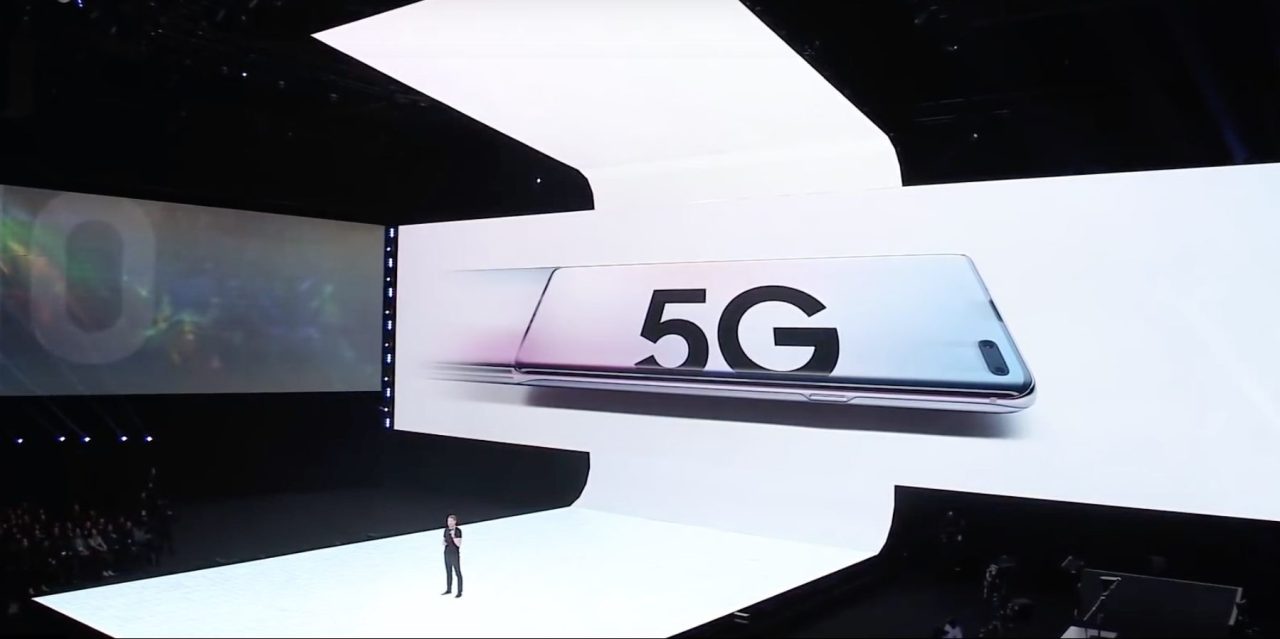S. Korea expands 5G user base, but quality concerns remain
The world’s first commercial 5G services in South Korea are expanding, with the number of users rising at an eye-popping pace since their launch in April. But local carriers face the daunting task of improving service quality to meet the high expectations of their customers, according to industry officials on July 11.
The nation’s three carriers -- SK Telecom, KT and LG Uplus -- switched on their 5G networks on April 3, just hours ahead of Verizon of the United States, to make Korea the world’s first country to launch commercial services.

In terms of the number of 5G users, Korea has been the clear leader as local operators succeeded in attracting tech-savvy customers with aggressive marketing for new smartphones.
According to the Global System for Mobile Communications, Korea was estimated to have 1.6 million 5G subscribers at the end of June, accounting for an overwhelming 77.6 percent of the global total at 2.13 million.
The figure far surpassed Britain’s 150,000 and the US with 100,000 as of the end of June, the trade body for the global mobile operators estimated.
Behind the fast rise in 5G subscribers in Asia’s fourth-largest economy was an aggressive marketing ploy by local carriers, which handed out large subsidies for the purchases of 5G smartphones, including Samsung’s Galaxy S10 and LG’s V50 ThinQ, and other promotional events for the premium services, industry watchers said.
“There was cutthroat competition among telecom operators in the early stage of the 5G service launch to raise their share,” an official from a local carrier said. “As the 5G race is not a sprint, telecom operators will have to develop various content and improve service quality to win customers in the long term.”
Although the mobile carriers encouraged customers to shift from 4G to 5G to enjoy faster speeds and differentiated content, they have come under criticism for failing to meet customer expectations due to a lack of nationwide coverage.
A total of 62,641 5G base stations have been installed as of June 21, which is only 7 percent of the number of 4G stations across the nation, according to data compiled by the Ministry of Science and ICT. Most of the stations were concentrated in the Seoul metropolitan area, leaving users in other areas feeling half-hearted about the services.
“Although 100 days have passed since the commercial launch of 5G, many subscribers outside of the Seoul metropolitan area have been left out from the services,” Rep. Yoon Sang-jik of the main opposition Liberty Korea Party said. “The government and mobile network operators should put concerted efforts to expand 5G coverage across the nation.”
By Ram Garikipati and newswires (ram@heraldcorp.com)
EDITOR'S PICKS
- Paper firms fined W30b for colluding on newsprint prices
- Main opposition pushes to ease, not postpone, tax on crypto gains
- Koreans' overseas investments exceed foreigners' local investments for the first time
- Mercedes-Benz Korea helps startups expand globally
- [From the Scene] Gigantic Olive Young store lures young trend-setters in Seongsu
- Korean Air offers special flights for mileage users
- Seoul’s department stores dazzle in festive holiday competition
- LS, Demark’s CIP join hands for Ulsan wind power project










![[From the Scene] Gigantic Olive Young store lures young trend-setters in Seongsu](http://res.heraldm.com/phpwas/restmb_idxmake.php?idx=141&simg=/content/image/2024/11/21/20241121050065_0.jpg)




